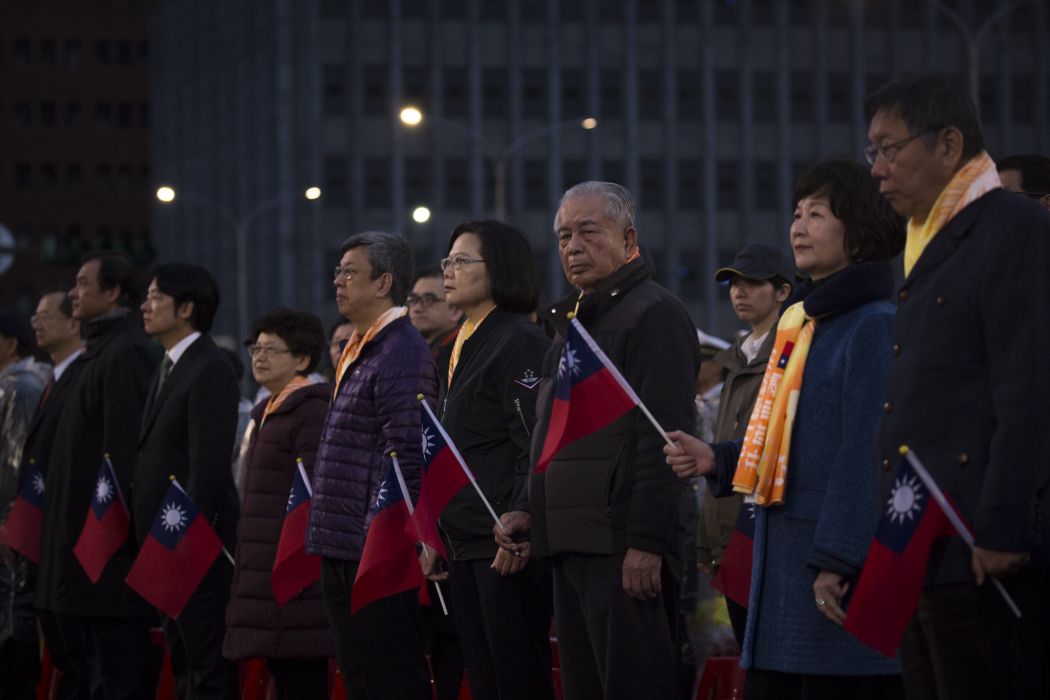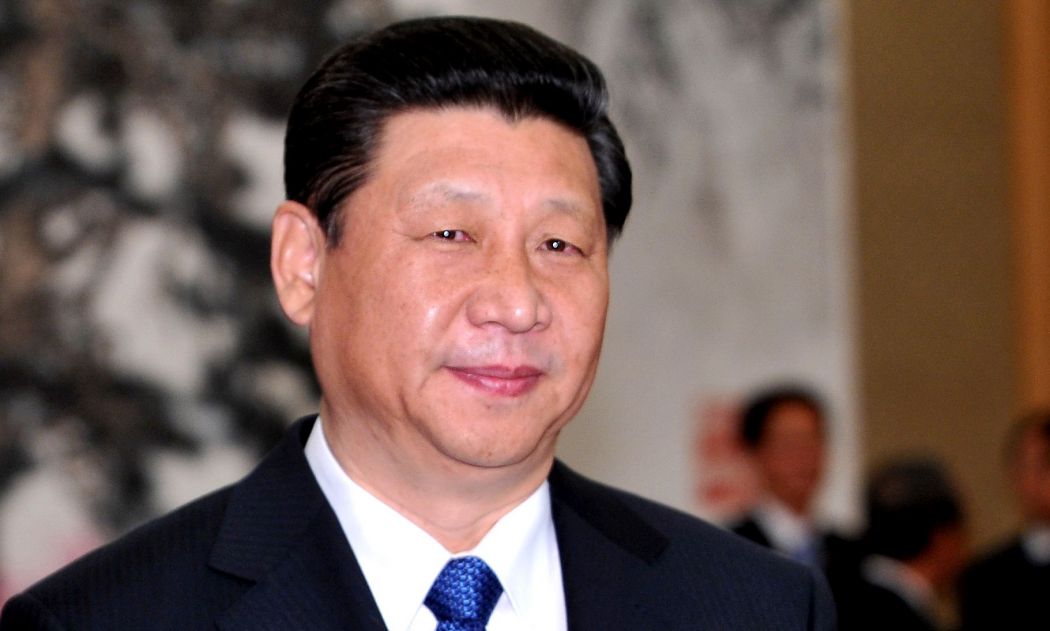Taiwan’s Mainland Affairs Council has said the “One Country, Two Systems” model that was implemented in Hong Kong had led to “loss of freedom, rule of law and human rights” in the city.
On Wednesday, Chinese President Xi Jinping said unification under a “One Country, Two Systems” model would “safeguard the interests and well-being of Taiwanese compatriots,” but that China would not rule out using military force.

But Taiwan’s Mainland Affairs Council said in a response later on Wednesday that the Taiwanese people would not accept the model.
“The result of the implementation of ‘One Country, Two Systems’ in Hong Kong is the loss of freedom, rule of law and human rights of Hong Kong people – this is unacceptable to the Taiwanese people,” it said in a statement.
“The cross-strait political issue is a difficult one, but the Beijing government’s oppressive and divisive behaviour will not help with the development of the cross-strait relationship. It is only an excuse for the Chinese Communist Party to intervene with Taiwan society.”
The council said in a further response on Thursday that the Beijing government would accept the fact that the Republic of China continues to exist.
“The move [by Beijing]… only proved its ambition to use ‘One Country, Two Systems’ to wipe out the Republic of China,” it said. “Its leader’s remarks stressed that it would not give up using force to invade Taiwan – it has no respect for the feelings and the choices of 23 million people of Taiwan.”

Taiwan has been ruled by the Republic of China government since 1945, after Japan – which had occupied Taiwan for 50 years – was defeated in the Second World War. The People’s Republic of China claims that Taiwan is one of its provinces and does not recognise it as an independent country.
Meanwhile, four prominent senior Taiwanese figures published a joint letter on Thursday urging Taiwanese President Tsai Ing-wen not to seek re-election next year. It was signed by Presidential Office adviser Wu Li-pei, former adviser Peng Ming-min, former Academia Sinica president Lee Yuan-tseh, and Presbyterian Reverend Kao Chun-ming.
Citing the defeat of the ruling Democratic Progressive Party in the recent elections, the public letter by the four urged Tsai to shift administrative powers of the president to the premier, in order to defend against mainland Chinese influence.
“You have no doubt failed to meet your public mandate,” the four said. “You have maximised your power, but you have been defeated and became a lame duck. The public has minimum trust in you – what authority do you have in leading the government? In gaining trust from the people? In fighting against the evil from inside and outside [Taiwan]?”
我知道有幾位老前輩寫信給我,不過這個時刻,向世界表達台灣人的心聲更重要。昨天我回應中國國家主席習近平的談話,已經翻譯成英文。請大家一起把以下圖片、文字分享給世界各地的朋友,讓更多人聽見台灣的聲音!We have never…
Posted by 蔡英文 Tsai Ing-wen on Wednesday, 2 January 2019
In response, Tsai said she has read the letter. “But at this moment, it was more important to express the feelings of Taiwanese people to the world,” she said.
“I want to reiterate that Taiwan absolutely will not accept ‘One Country, Two Systems.’ The vast majority of Taiwanese also resolutely oppose ‘One Country, Two Systems,’ and this opposition is also a ‘Taiwan consensus,’” she said.
